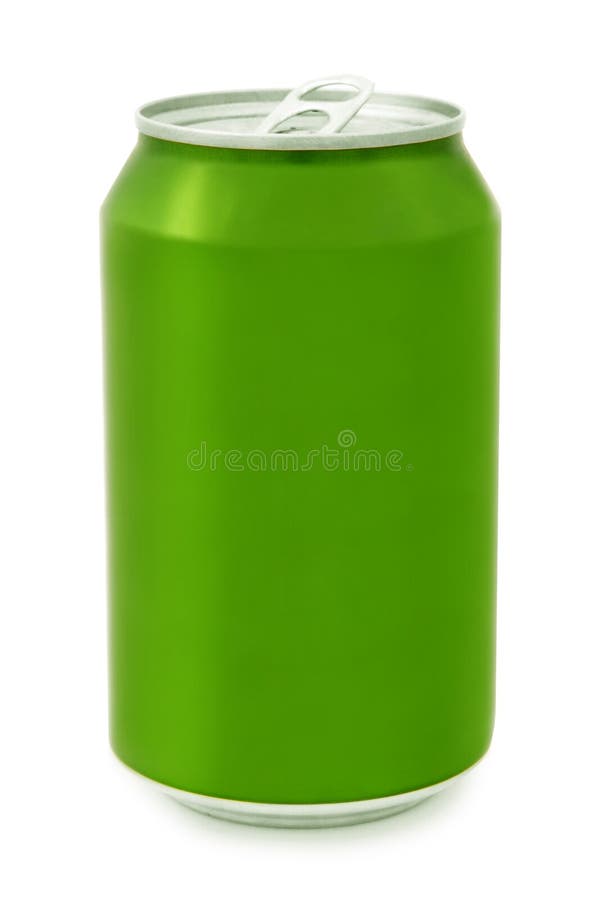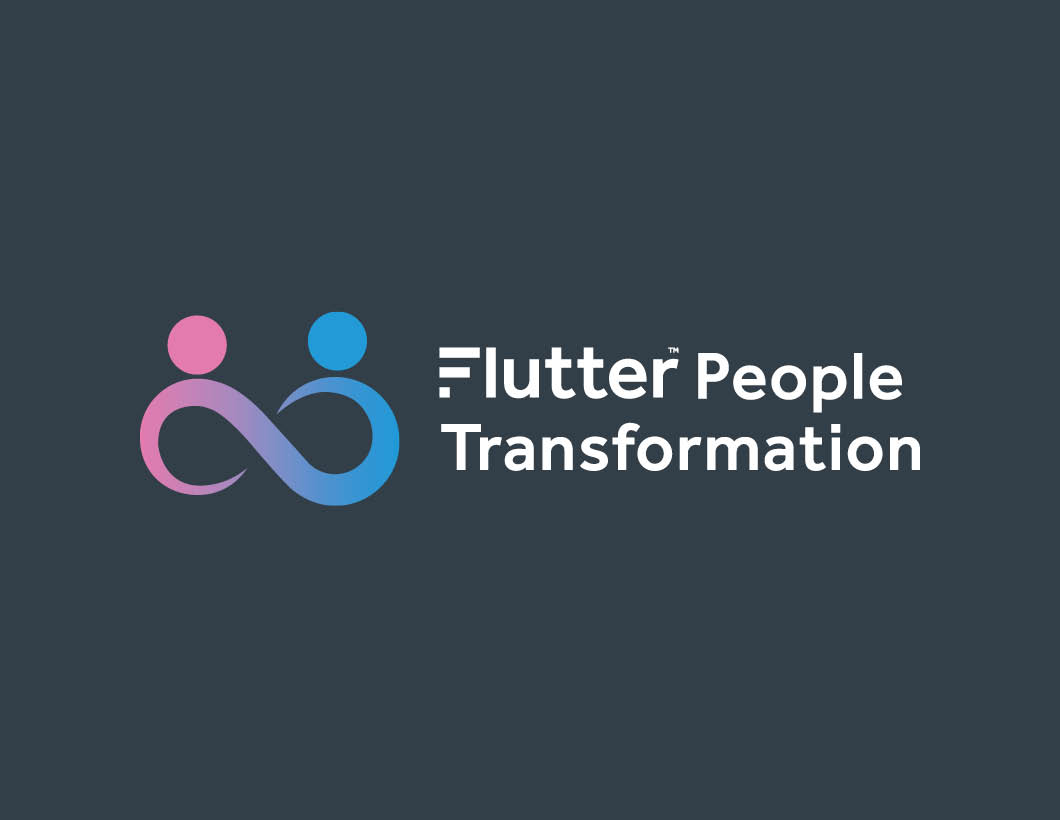How to Identify Safe Health Products: What Sets Legitimate Options Apart from Fraudulent Ones
Understanding Fraudulent vs. Legitimate Health Products
Consumers are constantly exposed to a wide range of health products-supplements, devices, remedies, and treatments-all claiming to deliver benefits. However, not all products are created equal. Identifying which statements do not describe a fraudulent health product is crucial for protecting your well-being and financial security. This article provides comprehensive guidance on distinguishing legitimate health products from scams, actionable steps for verification, and resources for making informed decisions.
Defining Fraudulent Health Products
Fraudulent health products are those that misrepresent their identity, effectiveness, or approval status, often promising miraculous results with little or no scientific backing. According to the U.S. Food and Drug Administration (FDA), a health product is considered fraudulent if it is promoted to treat a disease or condition but is not scientifically proven safe and effective for that purpose [1] . The World Health Organization (WHO) similarly defines falsified medical products as those that deliberately misrepresent their identity, composition, or source, and these are found globally, affecting all types of medical products from vaccines to cancer therapies [2] .
Common Characteristics of Fraudulent Health Products
To avoid scams, it’s important to recognize the typical features of fraudulent health products. These may include:
- Unproven claims: Statements promising a cure for multiple unrelated diseases or conditions.
- Miraculous results: Testimonials or endorsements that sound too good to be true, often lacking scientific evidence.
- Fake endorsements: Use of fake doctors, actors, or fabricated testimonials.
- Pressure tactics: Urgency, such as “act now,” “limited time only,” or “results in 30 days or your money back.”
- Scientific jargon: Use of impressive-sounding but meaningless scientific terms or references to awards and prizes.
- Unapproved ingredients: Products containing undeclared, unsafe, or unapproved substances.
Avoiding these warning signs is key to ensuring your safety. The FDA maintains a Health Fraud Product Database that lists products involved in fraud violations [4] .

Source: template.net
What Does
Not
Describe a Fraudulent Health Product?
In contrast, a statement that does not describe a fraudulent health product would include the following characteristics:
- Scientifically validated: The product’s claims are backed by published, peer-reviewed research and the results are consistent across multiple studies.
- Regulatory approval: The product has been reviewed and approved by recognized authorities such as the FDA or similar bodies in other countries.
- Clear labeling: All ingredients, manufacturing details, and dosages are clearly listed and can be verified through reputable sources.
- Professional recommendation: The product is recommended by licensed healthcare providers based on evidence, not anecdotal testimonials.
- No exaggerated promises: The product description is realistic, avoiding guarantees of quick cures or universal effectiveness.
For example, a statement like, “This medication has been approved by the FDA for the treatment of high blood pressure and is supported by multiple clinical trials,” does not describe a fraudulent health product. Instead, it reflects regulatory oversight and scientific support [5] .

Source: haspod.com
How to Verify Legitimate Health Products: Step-by-Step Guidance
If you’re considering a new health product, use the following steps to ensure its legitimacy:
- Consult a Licensed Healthcare Provider: Always ask your doctor or pharmacist if a product is appropriate for your situation. Licensed professionals can provide guidance on product safety and efficacy.
- Check Regulatory Approval: In the United States, you can search for FDA-approved drugs and devices on the official FDA website. For supplements, check if the product has been subject to FDA warnings or recalls via their public databases.
- Seek Peer-Reviewed Evidence: Look for published studies in reputable journals. You can search PubMed or similar academic databases for clinical trials and systematic reviews on the product or ingredient.
- Review Product Labeling: Legitimate products will disclose all active and inactive ingredients, dosage instructions, and manufacturer contact information.
- Investigate the Company: Research the manufacturer’s history, reputation, and any disciplinary actions or warnings from regulatory agencies.
- Be Wary of Outlandish Claims: Avoid products that promise immediate or guaranteed results, especially for complex or chronic conditions.
If you suspect a product may be fraudulent, you can file a report with the FDA or consult consumer protection agencies.
Examples and Case Studies
Case 1: Fraudulent Supplement A supplement claims it “cures cancer, diabetes, and obesity in 30 days, or your money back.” The product is not FDA approved, uses fake testimonials, and the manufacturer cannot be traced. This is a classic example of a fraudulent health product [1] .
Case 2: Legitimate Medication A prescription medication is labeled with its generic and brand names, lists all ingredients, is approved by the FDA for specified uses, and its claims are supported by published clinical trials. Statements about this product’s effectiveness are based on scientific evidence, and there are no exaggerated or universal cure promises. This description does not indicate fraud.
Potential Challenges and Solutions
Consumers may face several challenges when distinguishing between fraudulent and legitimate health products:
- Misleading advertising: Sophisticated marketing can make fraudulent products appear credible. Always verify claims through independent sources and regulatory agencies.
- Online sales: The rise in unauthorized online pharmacies and overseas sellers increases risk. Only purchase from verified pharmacies and consult healthcare professionals if uncertain.
- Limited access to information: If clinical study data or regulatory status is not easily available, consider the product high risk and seek advice from trusted medical sources.
Alternative Approaches and Additional Resources
If you have doubts about a health product, consider the following alternatives:
- Seek evidence-based treatments: Use therapies and interventions recommended by major medical organizations and supported by clinical guidelines.
- Consult secondary sources: Trusted sources like the National Institutes of Health (NIH), World Health Organization (WHO), and the FDA provide consumer information on approved products and health frauds.
- Report suspicious products: If you encounter a product or advertisement you suspect is fraudulent, report it to the FDA or your country’s regulatory authority for investigation.
Summary and Key Takeaways
The ability to distinguish between fraudulent and legitimate health products is essential for safeguarding your health. Statements that do not describe a fraudulent health product are those backed by scientific evidence, transparent ingredient labeling, regulatory approval, and the absence of exaggerated claims. Always consult reliable sources and healthcare professionals before making health-related purchases.
References
- [1] U.S. Food and Drug Administration (2025). Health Fraud Scams. Official FDA guidance on recognizing and avoiding fraudulent health products.
- [2] World Health Organization (2024). Substandard and falsified medical products. Fact sheet on the global impact of counterfeit and falsified health products.
- [3] Federal Trade Commission (2024). Common Health Scams. Consumer advice on avoiding health fraud and scams.
- [4] U.S. Food and Drug Administration (2025). Health Fraud Product Database. List of products cited in FDA health fraud violation actions.
MORE FROM cheerdeal.com













